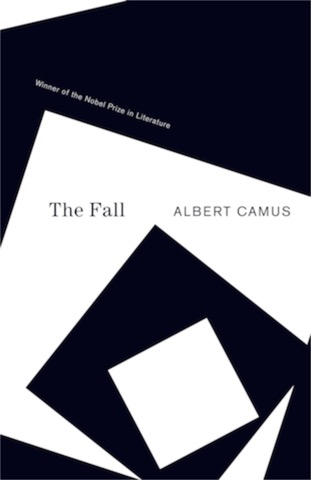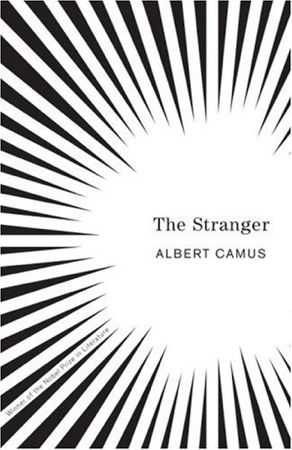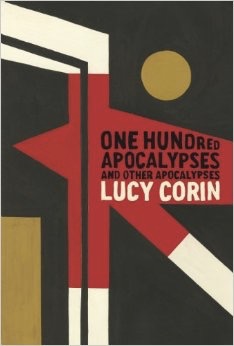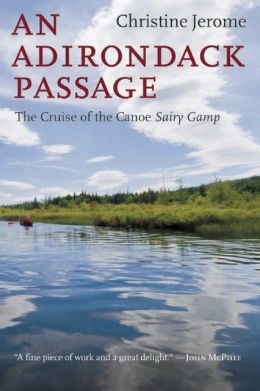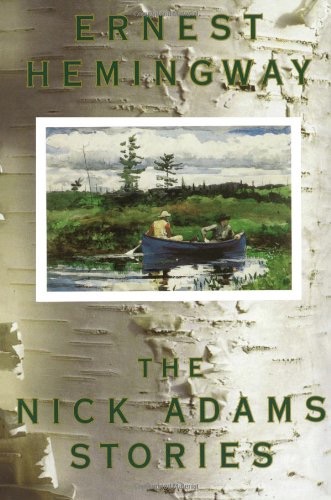26/10/13 18:18
Albert Camus: The Fall (New York: Random House, 1991 Edition.)
Albert Camus’ Nobel Prize-winning novel is essentially the confessions of an expatriate Frenchman told to one he met in an Amsterdam bar. He recalls his past, his work as a respected Lawyer and the things he did that led to his fall from popularity. Every triumph in his life reveals a failure. The story is filled with wit and humor. The principle character, though certainly not the kind of person one would choose as a friend, reveals there quirks and strangeness of human nature.
The translation by Justin O’Brien captures Camus’ novel and makes for an interesting story. Reading it again now as I approach the end of my active career, I have developed more appreciation for some of the quirks of the character and the flow of the story.
26/10/13 18:10
Albert Camus: The Stranger (New York: Random House, 1989 Edition.)
I recently decided that I read Camus a long time ago and viewed what I read through the eyes of a young adult. Now that I am older and have collected more life experiences, I suspect that I might discover new meanings in the work of the existentialist novelist. I originally read The Stranger in French as a college student. I caught there story of a man who finds himself in an awkward position and ends up killing another. His subsequent arrest, trial, conviction and sentencing to death fill out the story. Filling out the story, however, is only a framework upon which Camus hangs his philosophy of the absurdity of life.
This Vintage edition is extremely well translated by Matthew Ward and re-visiting Camus is a delightful adventure. There are certain philosophical works that bear different meanings at different stages in one’s life. The story and its characters continue to haunt, but the view of life seems more of a challenge to me these days than was the case when I was a college student.
26/10/13 18:04
Lucy Corin, One Hundred Apocalypses and Other Apocalypses (San Francisco: McSweeneys, 2013
Lucy Corin has come out with a collection of short stories like no other. Many of the stories are only a few lines. They all fit into the theme of troubling moments of personal crisis. She is great at description and capturing the voices of those whose consciences are bothering them. From the super short micro stories to more traditional short stories this is a collection that kept me reading even though her characters are like people I have never known. The suspension of reality is simple as you get into the strange mood of the stories. Who knows which stories of our generation will become classics for other generations, but I suspect that people will be reading these stories for years to come.
26/10/13 17:49
Christine Jerome, An Adirondack Passage: The Cruise of the Canoe Sairy Gampt (Halcottsville, New York: Breakaway Books, 2013
George Washington Sears wrote under the pen name Nessmuk for various sports magazines at the end of the 19th century. His 1883 journey in a tiny canoe through the Adirondack lakes and streams was published as a set of letters and later published as a book, “Canoeing the Adirondacks with Nessmuk.” Christine Jerome set out more than a century later. She also used an ultralight canoe, though hers was made of modern materials. She also wrote masterfully of the trip. The result is a delightful adventure for all who love canoes and camping.
The book is a wonderful delight. Jerome’s descriptions are delightful and their experiences have enough challenge and adventure to keep the reader engaged.
This is a book worth reading and then keeping to read again.
06/10/13 18:27
Ernest Hemingway, The Nick Adams Stories (New York: Scribner, 1972.)
Hemingway’s Nick Adams Stories weren’t published until after his death, but they are most certainly semi-autobiographical. They contain some of the best-written word pictures of trout fishing and skiing in print anywhere. These descriptions alone make the stories well worth reading. Still, there is a sense of something missing as one reads through the stories. Perhaps what is missing is the simple fact that Hemingway didn’t live to put his finishing touches on the stories. Perhaps what is missing is the sense of enduring meaning that Hemingway himself couldn’t find as his life faded into a cycle of depression and alcoholism that ended with his death by suicide.
Far from Hemingway’s best, these stories are nonetheless far better than many short stokes and well worth reading. It would be a great book for a skiing trip or a canoe adventure or a summer vacation.
